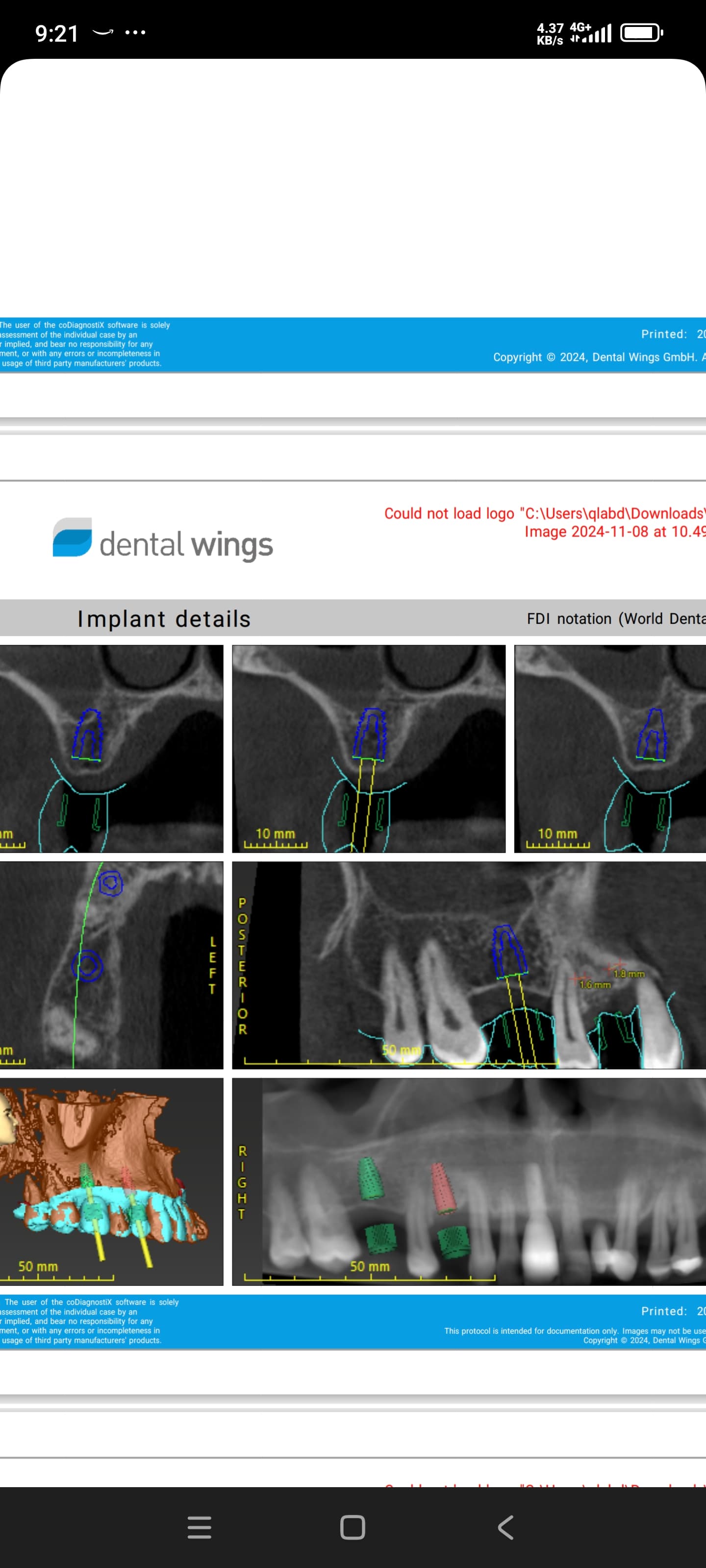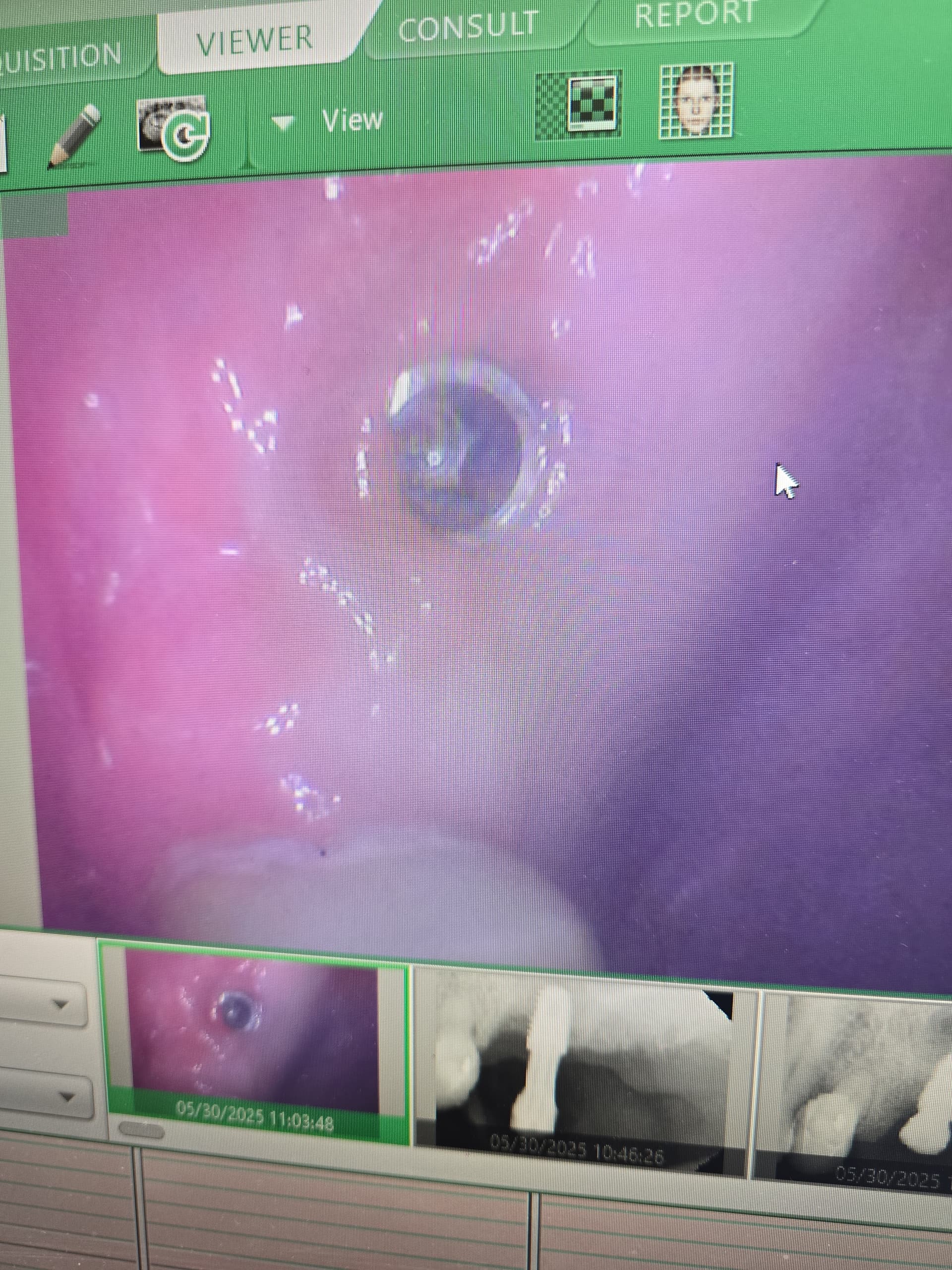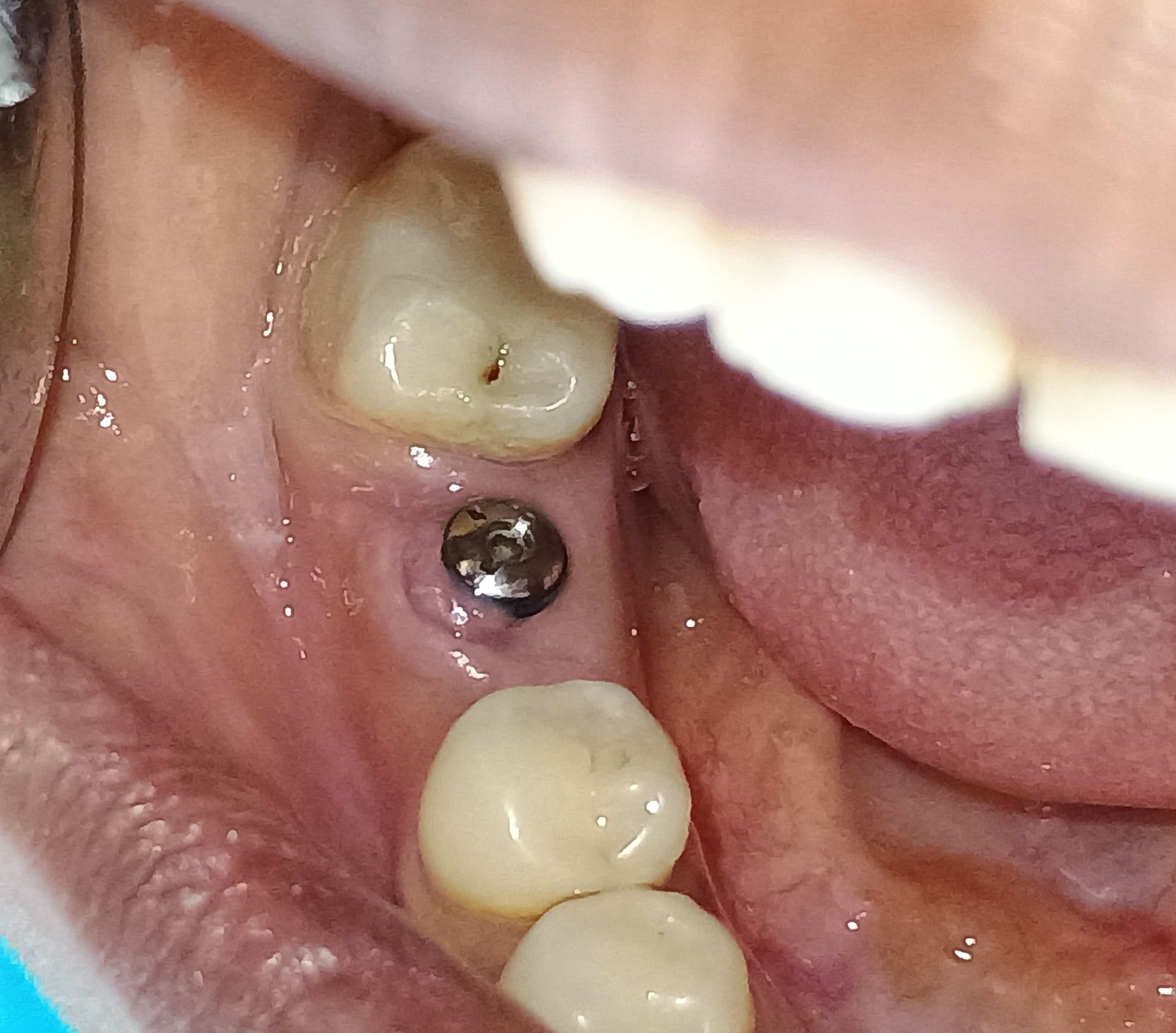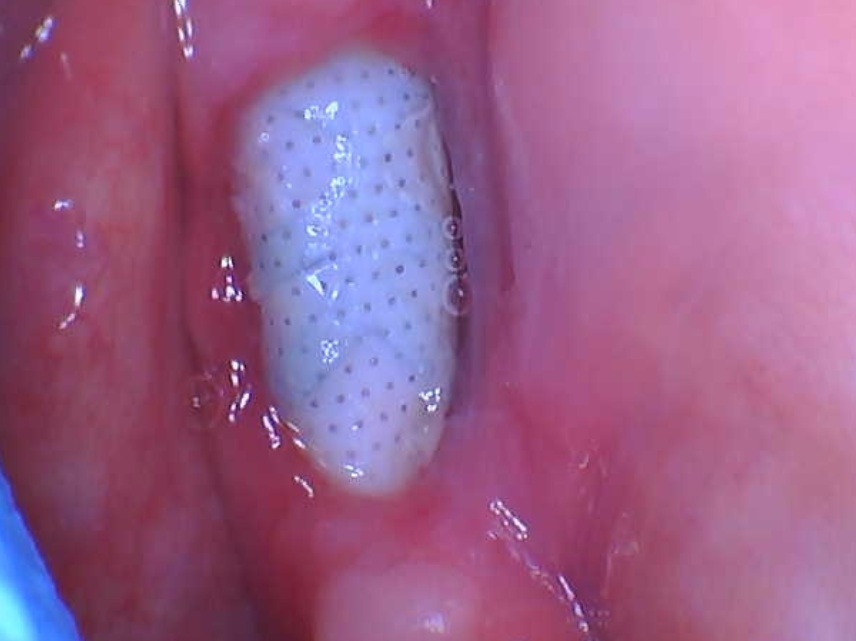Dental Implants for Patients with Diabetes?
Dr. B. asks:
I have a number of patients in my practice who have Type I or II diabetes. What laboratory values should I evaluate to determine which patients can have dental implants placed and which are not suitable candidates for implants? How should I word my consult to the patient’s physician? Is it enough for me to ask the doctor if the patient is stable for surgery? What emergency supplies should I have out and ready if the patient experiences a significant problem during the surgery that I may have to treat as a medical emergency? How often should we take the patient’s blood pressure during the surgery? Do I need a pulse oximeter?
15 Comments on Dental Implants for Patients with Diabetes?
New comments are currently closed for this post.
Robert Gougaloff
10/6/2008
I think that the biggest concern with diabetic patients is that they may not eat properly prior to surgery and after they have taken their regular insulin dose. In this case your greatest risk factor is hypoglycemia. This can exacerbate into unconsciousness if severe enough. I would certainly keep some oral carbohydrates ready and if you are trained to do so, some 50% dextrose IV solution for the unconscious patient (this is a very viscous solution, so it needs to be administered via IV push). Flowing oxygen and resuscitation equipment should also be available, and monitors for pulse ox and BP (every 3-5 min) are essential for every surgery patient.
Prior to that, however, I would ascertain whether the patient is a controlled or uncontrolled diabetic and whether dental implants are indicated based on the severity of the diabetic condition.
PABLO
10/7/2008
in diabetic patient you havetwo aspects to consider:
1st: the diabetic patient may receive implant or any other surgical treatment only if it is stabilized, sugar blod levels uper than 170 contraindicate any kaind of surgical treatment.,
2nd: the diabetic patient allthout it´s stabilized (sugar levels) have higherr risk off non integrated implants, thas because they have an alteration at molecular level of a protein called "integrine", the percetage of risk increase is not yet determined.
So in diabetic patient take care of glucose blood levels, stability of these levels (consult patient clinician) and inform the patient of a higher risk of non integration
Doctor Berg
10/7/2008
I agree with Dr. Gougaloff. I usually ask for a glycocilated hemoglobin as part of my pre surgery exams, its better than a regular glycemia because it cant be faked (yes patients will do that.... believe it or not), the gh is pretty good in showing you up to the last 3 months and that will give you a very clear picture of what you need to do with the patient before surgery.
There are some studies on the way that suggest that patients with severe chronical oral infections have increased glycemia specilly if they are insulin resistent. Someting to consider also.
Dr. Kimsey
10/7/2008
Wait! First thing to know is the pt's A1C that will tell you the pt's control over a few months. A very good control is under 6.5 but how good of control you need depends on multiple factors. Obviously a simple extraction doesn't need as tight of control as a bone graft. a blood sugar test only tells you that moment. Secondly if blood glucose is very low like below 40 or 50 and pt is unable to take a sugar orally then start an iv but you must dilute the 50% as that concentration will destroy cells.
Neda-Moslemi
10/8/2008
I agree with all above comments;
In addition, don't forget:
Never use corticostroinds before/after surgery (to reduce inflammation) in diabetic patient, even if you are sure that it is well-controlled. Corticostroids will raise glucose level and result in infection.
Neda
dr rehan shah
10/8/2008
i think its better to bring blood glucoselevel under controll limits if there is no emergency to put dental implants, also check regarding any bleeding tendency that will also hinder in postoperative healing.prior antibiotic cover will also help in controlling any postoperative infection..
Dr. Ufuk Tosun, MScD in D
10/8/2008
Dear PABLO,
I like your comment on integrine molecule. I wonder if you tell us about the underlying mechanism why alteration occurs with these patients?
Dr. Ufuk Tosun, BDS, MScD
Sam
10/10/2008
I really like this website and I never posted a critic. Some of the answers for the question were great!
However there is something wrong with this question. If this question came from a true dentist "with all due respect", God help the patient. If this question came from the editor (I believe that some questions do to initiate a constructive discussion), then he or she need to be much better in asking the question.
"What emergency supplies should I have out and ready if the patient experiences a significant problem during the surgery that I may have to treat as a medical emergency?" This is a broad question that needs pages of answers, this is not a question this is a subject in dental school.
"How often should we take the patient’s blood pressure during the surgery?" A DIABETIC patient, taking blood pressure frequently during surgery??? How long is this surgery???
"Do I need a pulse oximeter?" Do you really know what a pulse oximeter is? and what it does? All what a pulse oximeter does is telling you if the patient is having a BREATHING problem or complication when the patient is SEDATED! I have no further comment.
Dr S S
10/11/2008
20 years ago wheni was doing my final exams to qualify as a dentist to go into General practice
I was asked many of the same questions that are asked at the beginning of this thread
Dr satya
10/11/2008
I closely monitor the website and very happy with the discussions. I think the main thing of concern to any dental practitioner is when and how should a diabetic patient be considered as a suitable dental implant patient. the answer was already posted in previous reviews.we in our hospital strongly recommend the glycocilated Hb test. Also a diabetologist is included in the team for treating these cases. the number of diabetic patients getting implants is as low as 5% in our hospital.i would like to know the experience of other doctors in this regard.
regarding the secondary query of managment of medical emergencies during the procedure every qualified dentist would know about it.
dear Dr.Pablo please share the knowledge of molecular level interactions of a diabetic patient in a nutshell.
Deb Rooney
10/13/2008
If a patient has sjogren's /Lupus and heals slowly is it good practice to suggest implants. What is the pros and cons
Sepideh Sahrgosha
2/13/2009
I need some review articles about dental implant in diabetic patients specially in uncontroled pateint.
Etiology, pathology and medication
elie
2/14/2009
HbA1C should be lower than 7
Dr.Mehdi Jafari
2/15/2009
To Sepideh Shahrgosha: please log on to the following link and you can get the information you need.
http://www.osseonews.com/dental-implant-patient-with-diabetes/
georgette odete
1/28/2010
i am 58 yrs old and tyroid nodules, can I have implant? very grateful for your answers.














